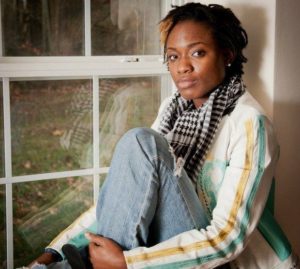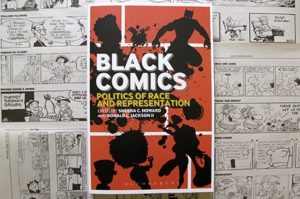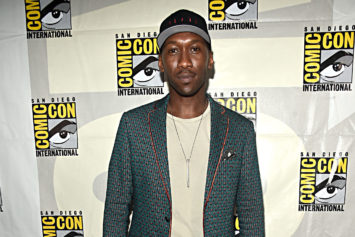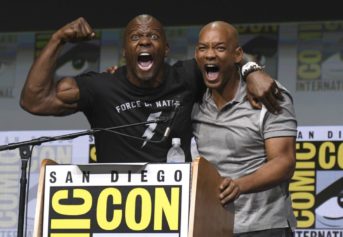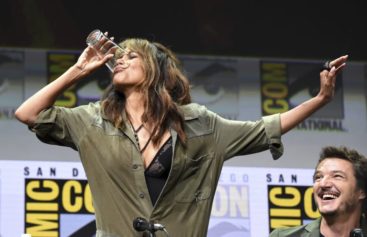Dr. Sheena C. Howard of Rider University was the proud winner of this year’s Comic Con Eisner Award for Best Academic/Scholarly Work, along with co-editor Ronald Jackson, for their book, Black Comics: Politics of Race and Representation.
On July 25, at the San Diego Hilton Bayfront Hotel, successful writers, actors, directors, artists and more, came together at what is perhaps the largest award ceremony for the comic industry.
This was also where Howard discovered that her book, which focused on the lack of diversity and inclusion in the comic industry, had earned her one of the most coveted awards in her field.
She said that while she was more than ecstatic that she was nominated for the Best Academic/Scholarly Work, she never imagined that her first book would win such an incredible honor.
According to Howard’s post for The Trentonian, the inspiration for the book came when she began researching her dissertation at Howard University.
While she attempted to focus on Aaron McGruder’s The Boondocks comic strip, she soon discovered that many of the published scholarly works did “not provide a historical account of the contributions of African-American cartoonists on the funny pages.”
She said that many of the articles on the history of American comics failed to mention Black artists, and she realized that something needed to fill this void in scholarly literature.
As Howard reflected on how it felt to receive the “Oscar” of the comic world, she said that the comic industry should take a step further than just thinking about diversity, and start focusing on inclusion.
“We are living in a time where the comics industry as a whole is making a concerted effort to diversify its characters, however the problem is many of these characters are not well written and not included in the story line as a staple, but rather a sidekick or afterthought,” she wrote online.
“This speaks to the issue of inclusion and not diversity. Going forward, the comics industry needs to make a concerted effort, not to simply include minority characters for the sake of diversity, but actually incorporate them with the intent of inclusion.”
She said her research taught her the difference between inclusion and diversity, and she believes the difference needs to be established in other aspects of life.
“Critically analyzing comics over the last several years has taught me that there is a huge difference between diversity and inclusion,” she said. “This distinction has implications not only in the comics industry, but in the broader social and political landscape as well.”
